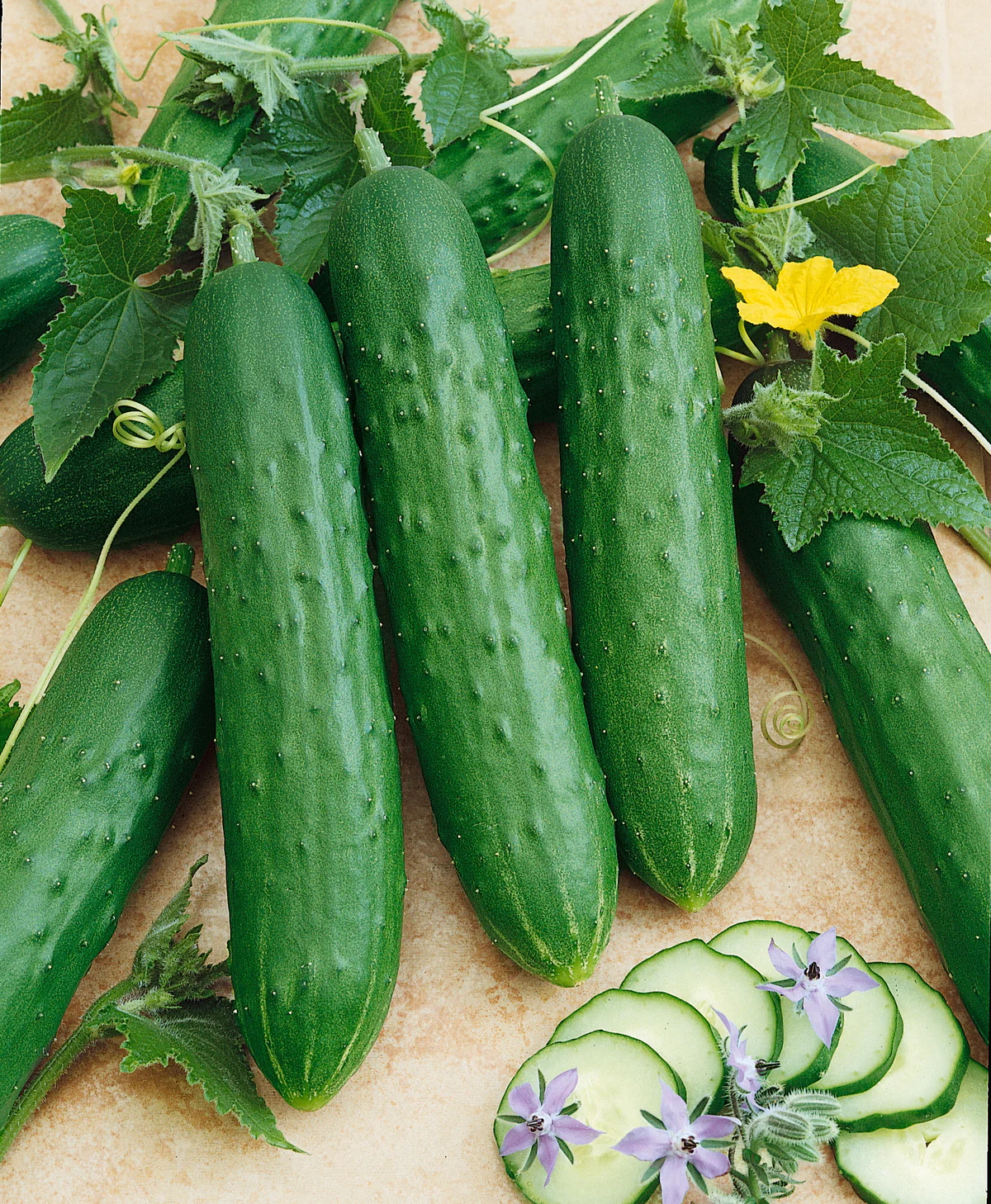Vegetable Hybrids: Unlocking the Potential of Crossbreeding for Enhanced Quality and Yield
In the realm of agriculture, the quest for improving crop productivity and quality has led to significant advancements in breeding techniques. One such approach that has gained prominence in recent years is the development and cultivation of vegetable hybrids. Vegetable hybrids are the result of crossbreeding different varieties within the same species, combining their desirable traits to create plants with enhanced vigor, disease resistance, yield potential, and nutritional value. This article explores the concept of vegetable hybrids, their benefits, and the impact they have on the agricultural industry.
I. Understanding Vegetable Hybrids
1. Definition of Vegetable Hybrids
Vegetable hybrids refer to the offspring of two genetically distinct parent plants, created through controlled cross-pollination. This process involves selecting specific parent plants with desired traits and crossing them to produce offspring that inherit the best qualities from both parents.

vegetable hybrids
2. Hybridization Techniques Various
Hybridization techniques are employed to create vegetable hybrids, including hand pollination, self-incompatibility systems, and molecular breeding approaches.
These techniques ensure controlled and deliberate crossbreeding, leading to successful hybrid development.
II. Benefits of Vegetable Hybrids
1. Increased Yield Potential
One of the primary advantages of vegetable hybrids is their enhanced yield potential.
By combining the strengths of different parent plants, hybrids often exhibit increased vigor, larger fruits, and higher overall crop yields compared to their non-hybrid counterparts.
2. Disease and Pest Resistance
Vegetable hybrids are often bred for increased resistance to diseases and pests.
Through careful selection and crossbreeding, breeders can incorporate natural resistance traits into hybrids, reducing the need for chemical interventions and providing a more sustainable approach to pest management.
3. Improved Quality and Uniformity
Hybrids are known for their superior quality and uniformity. They exhibit traits such as improved taste, texture, color, and shelf life, making them more appealing to consumers.
Additionally, hybrid plants tend to have uniform growth and maturity patterns, facilitating mechanized harvesting and streamlining the production process.
4. Adaptability to Environmental Conditions
Vegetable hybrids are bred to thrive in diverse environmental conditions. They can withstand temperature fluctuations, drought, or other stress factors, ensuring a more stable and reliable food supply.
This adaptability is particularly important in the face of climate change and its impact on agricultural productivity.

vegetable hybrids
III. Examples of Popular Vegetable Hybrids
1. Tomato Hybrids
Tomato hybrids have revolutionized the tomato industry, offering improved disease resistance, extended shelf life, and enhanced flavor. Varieties like the "Celebrity" hybrid and the "Early Girl" hybrid have become popular choices for both commercial growers and home gardeners.

vegetable hybrids
2. Sweet Corn Hybrids
Sweet corn hybrids have been developed to enhance sweetness, tenderness, and flavor.
They also exhibit traits like disease resistance, uniform kernel placement, and improved storage capabilities. Notable examples include the "Honey Select" and "Supersweet Jubilee" hybrids.

vegetable hybrids
3. Cucumber Hybrids
Cucumber hybrids boast qualities like disease resistance, high yields, and superior taste.
Varieties such as the "Marketmore 76" hybrid and the "Diva" hybrid are renowned for their productivity and excellent fruit quality.

vegetable hybrids
IV. Conclusion
Vegetable hybrids represent a significant breakthrough in agricultural science, harnessing the power of crossbreeding to create plants with improved yield potential, disease resistance, and quality.
These hybrids play a vital role in meeting the growing demand for nutritious and high-quality produce while addressing the challenges posed by changing environmental conditions.
As the agricultural industry continues to evolve, vegetable hybrids offer a promising solution for sustainable and efficient food production.
By embracing and further exploring the potential of vegetable hybrids, we can pave the way for a more resilient and productive future in agriculture.